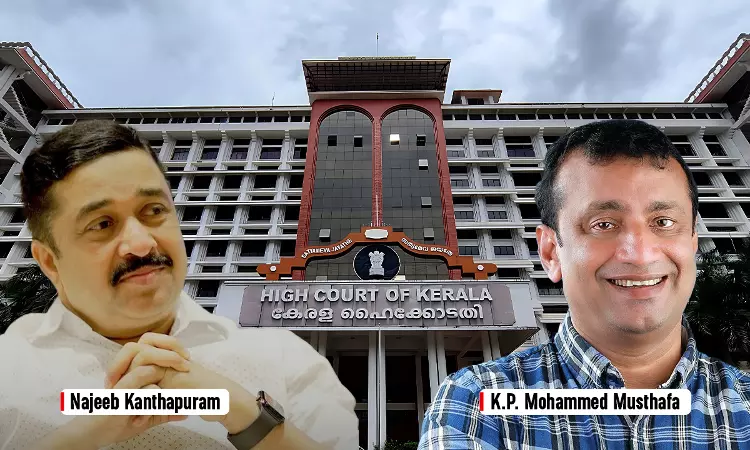No Fundamental Right To Elect Or Be Elected: Kerala High Court
Manju Elsa Isac
13 Aug 2024 10:45 AM IST

Next Story
13 Aug 2024 10:45 AM IST
The Kerala High Court has held that the Court have to strictly go by the law and cannot apply rules of equity in an election matter. The Court held that right to elect though fundamental to a democracy is neither a fundamental right neither a common law right.Justice C. S. Sudha observed:“Outside of statute, there is no right to elect, no right to be elected and no right to dispute an...
